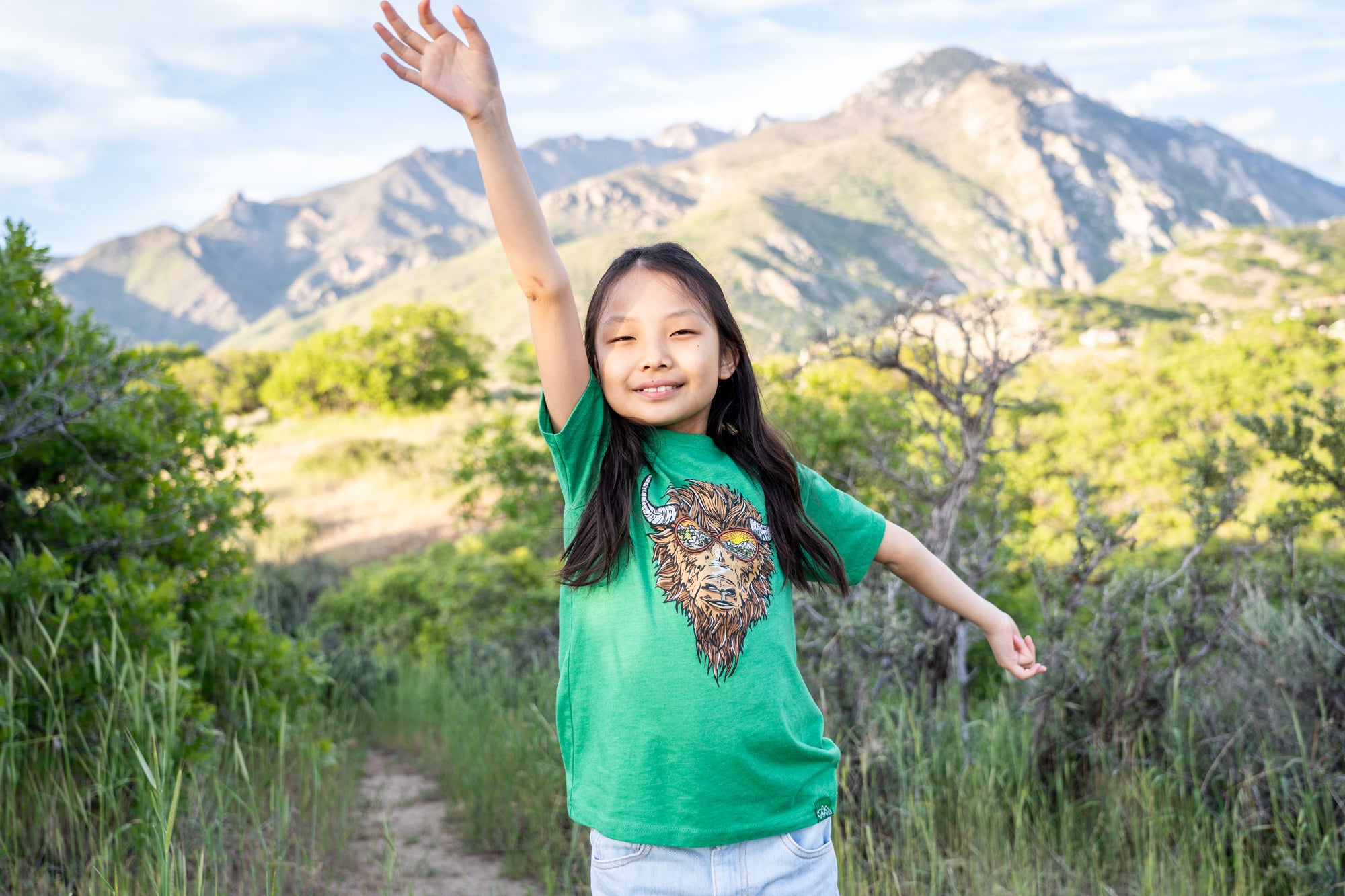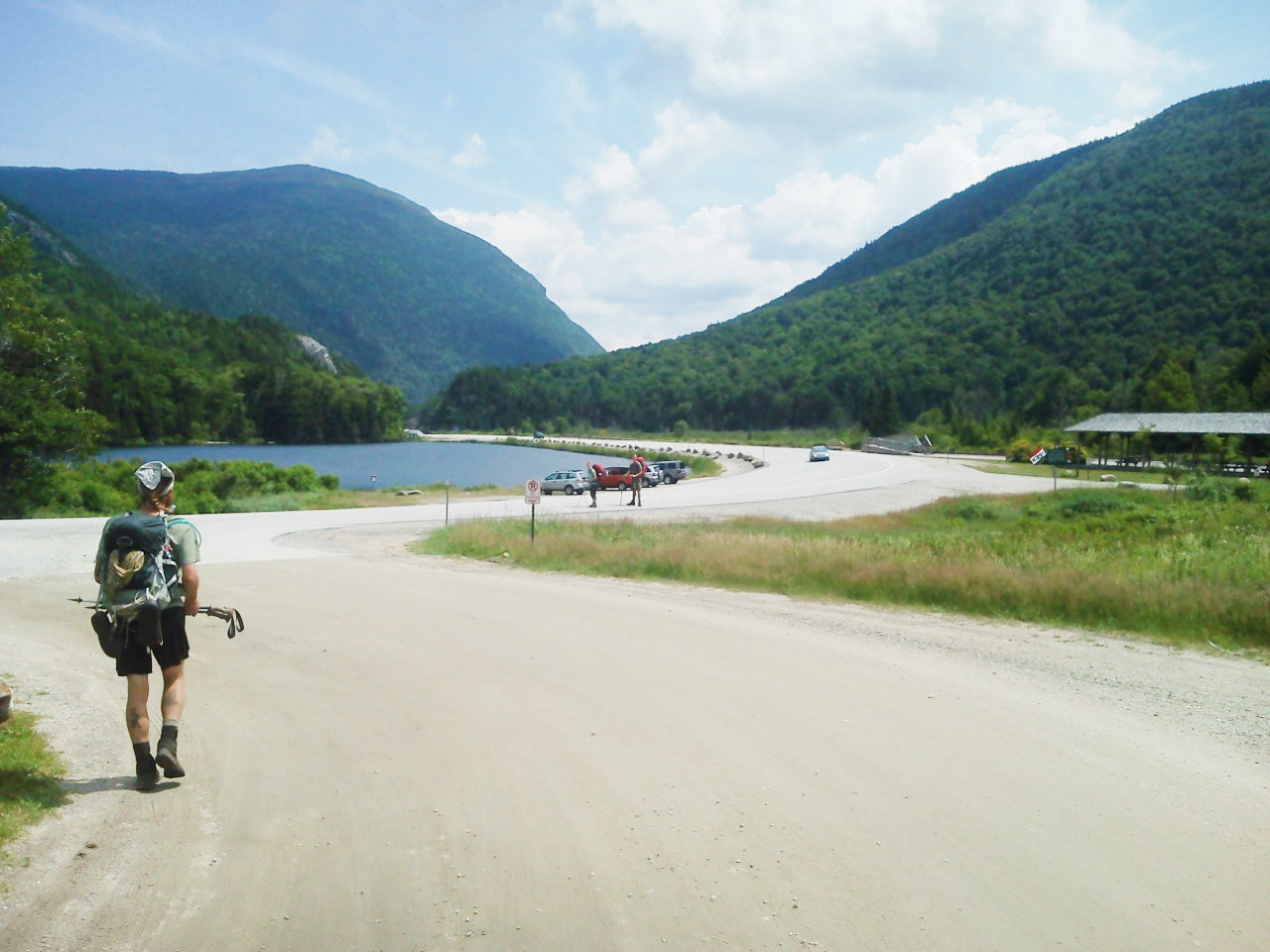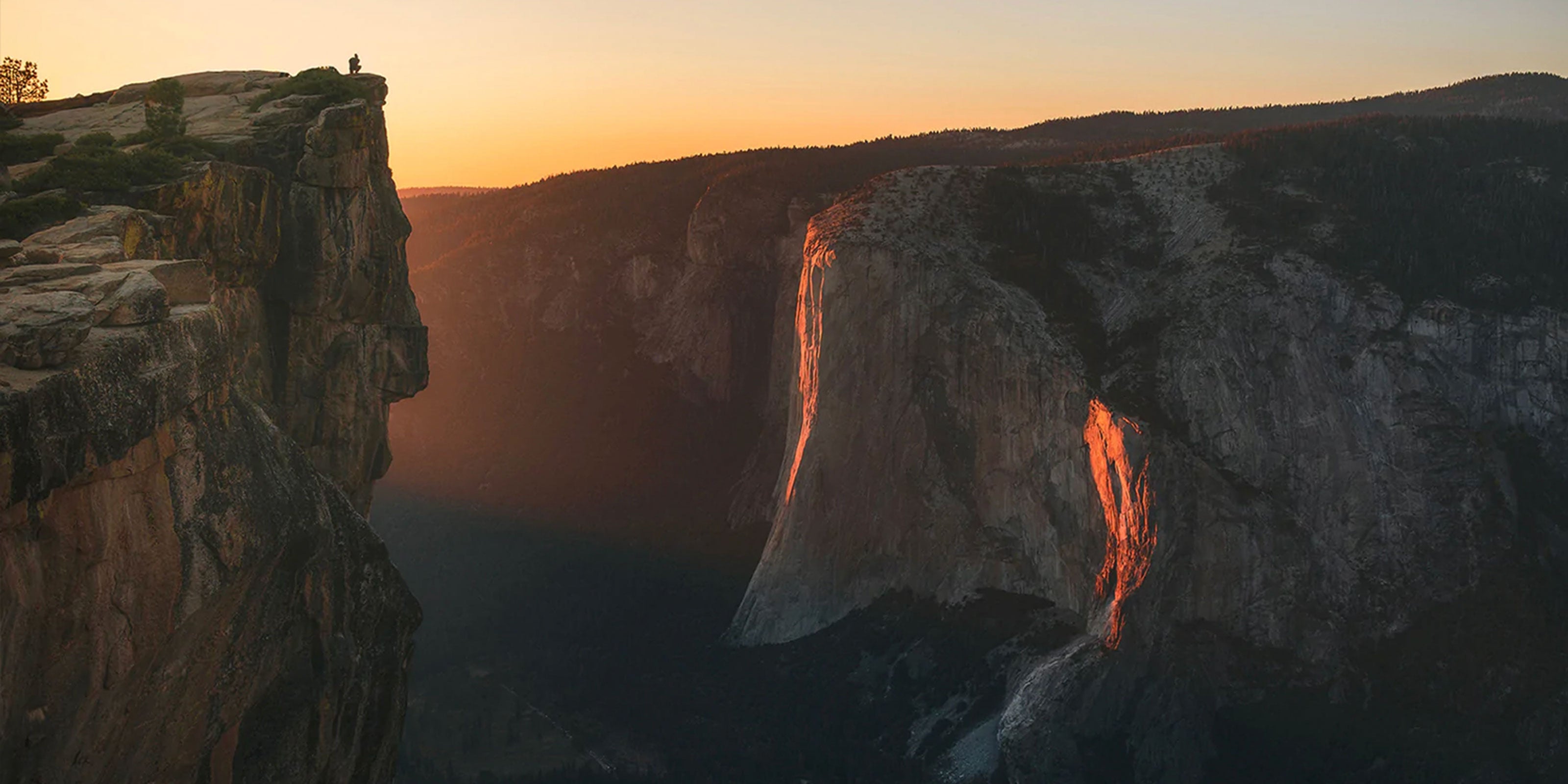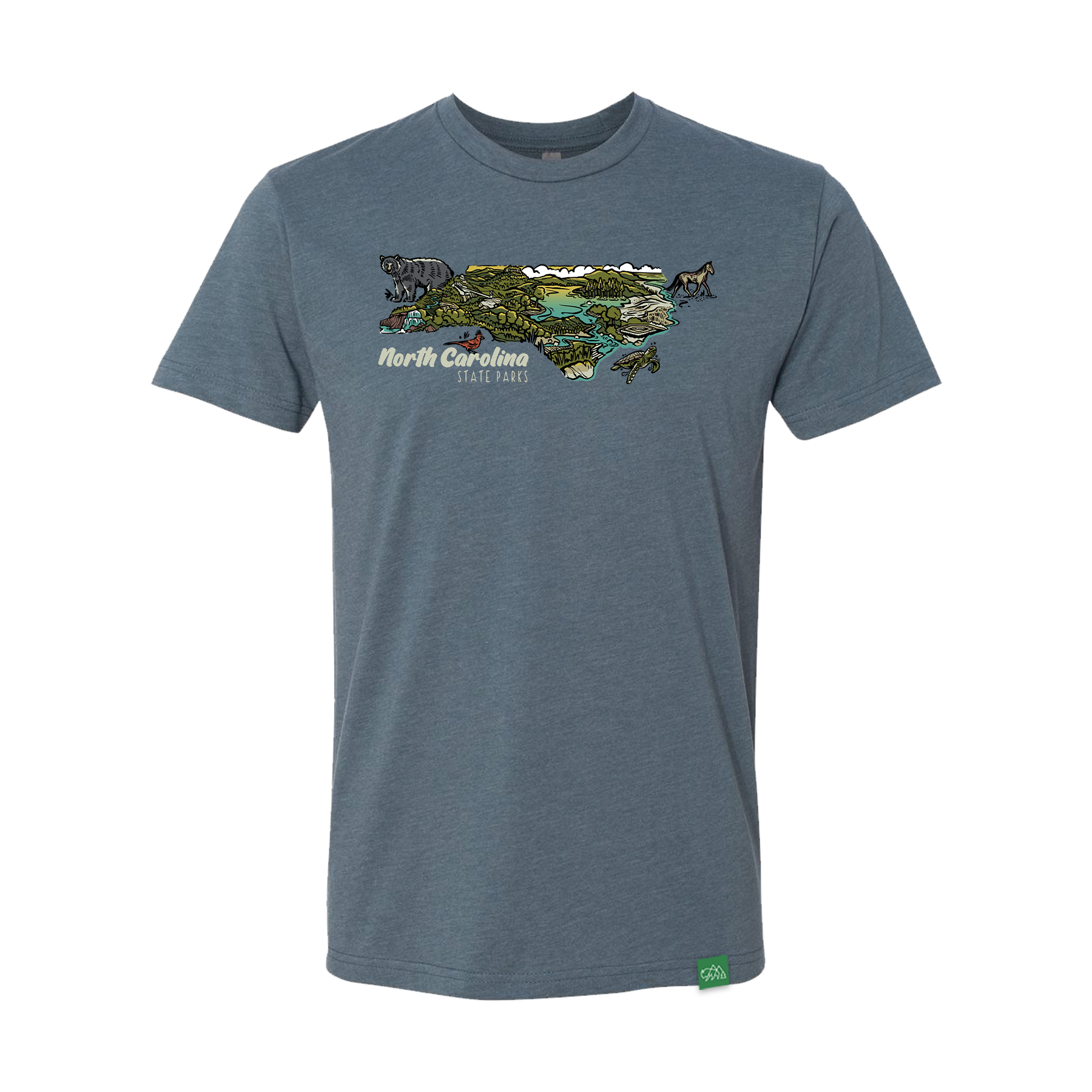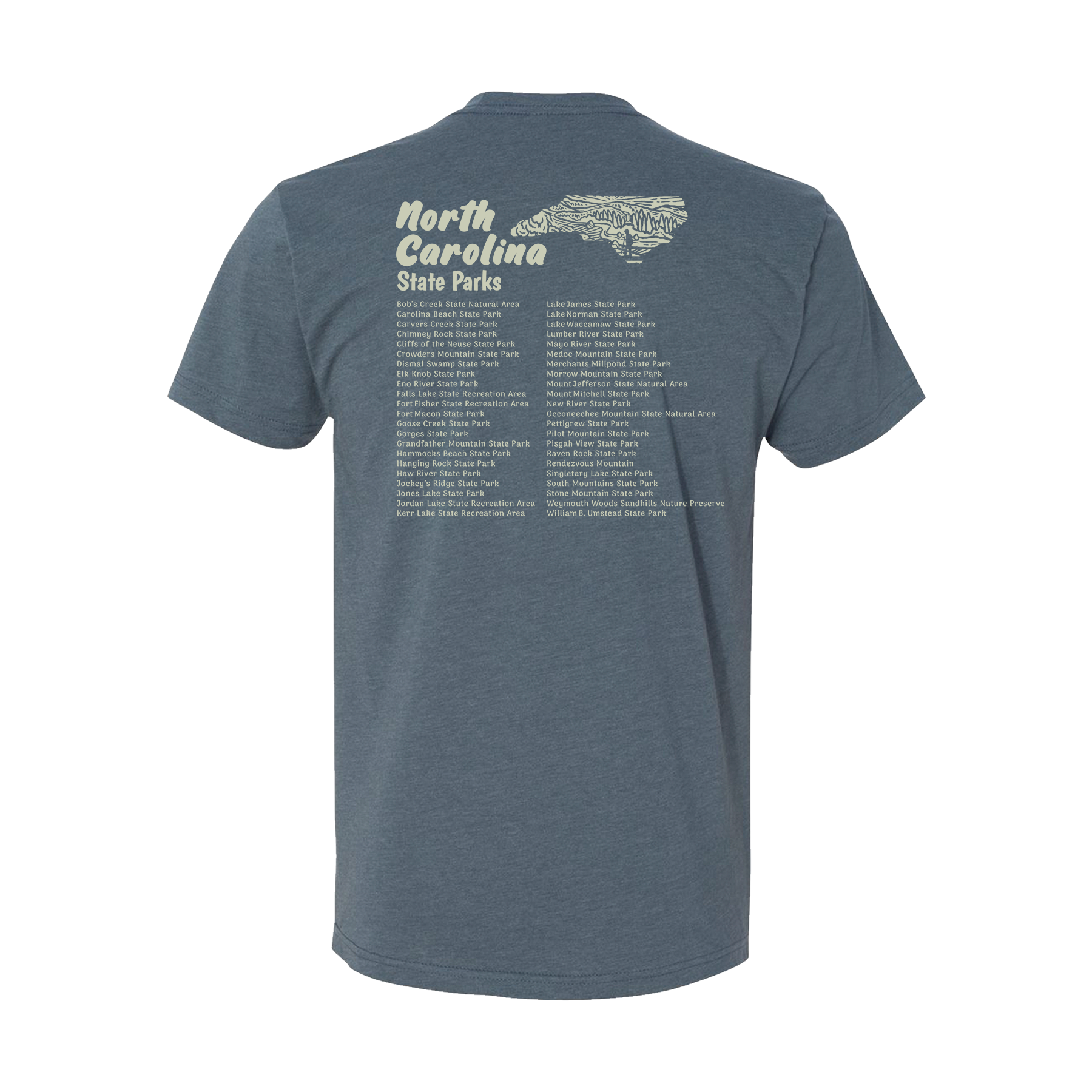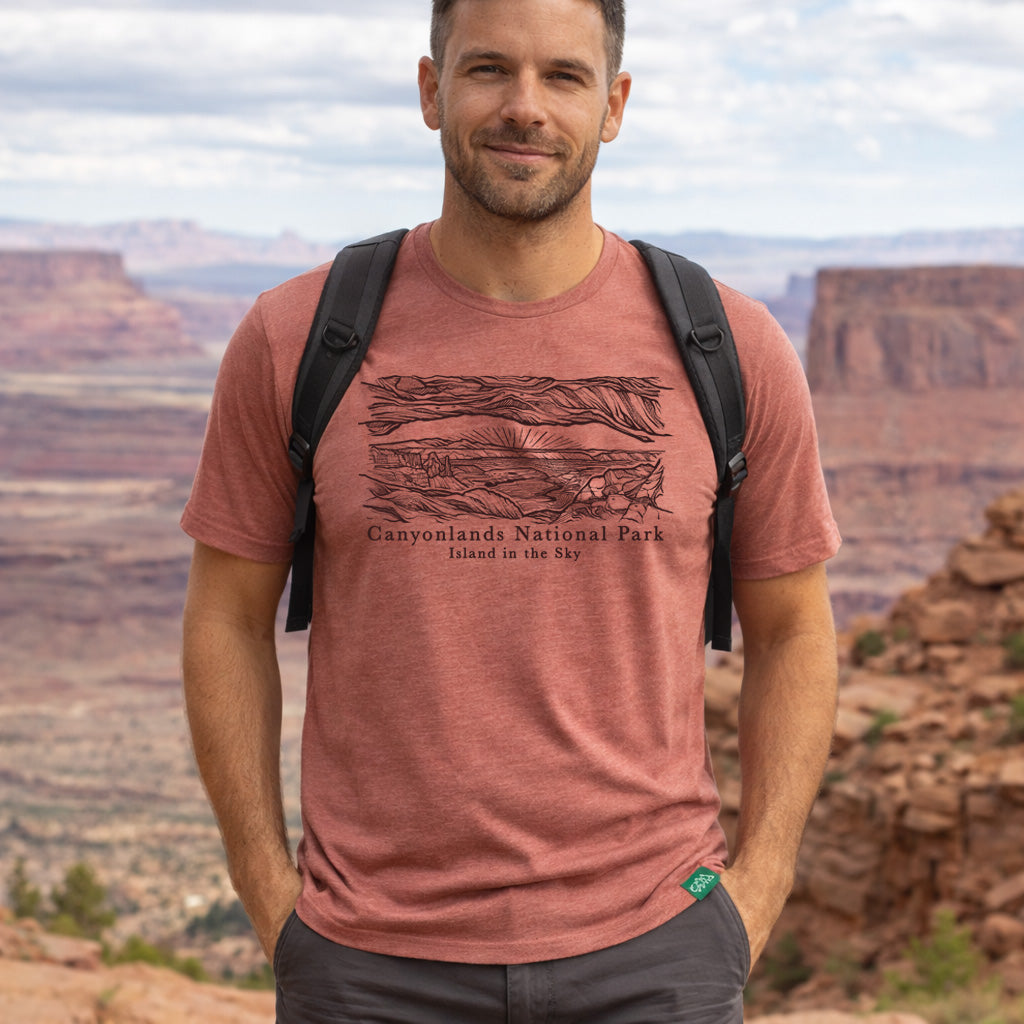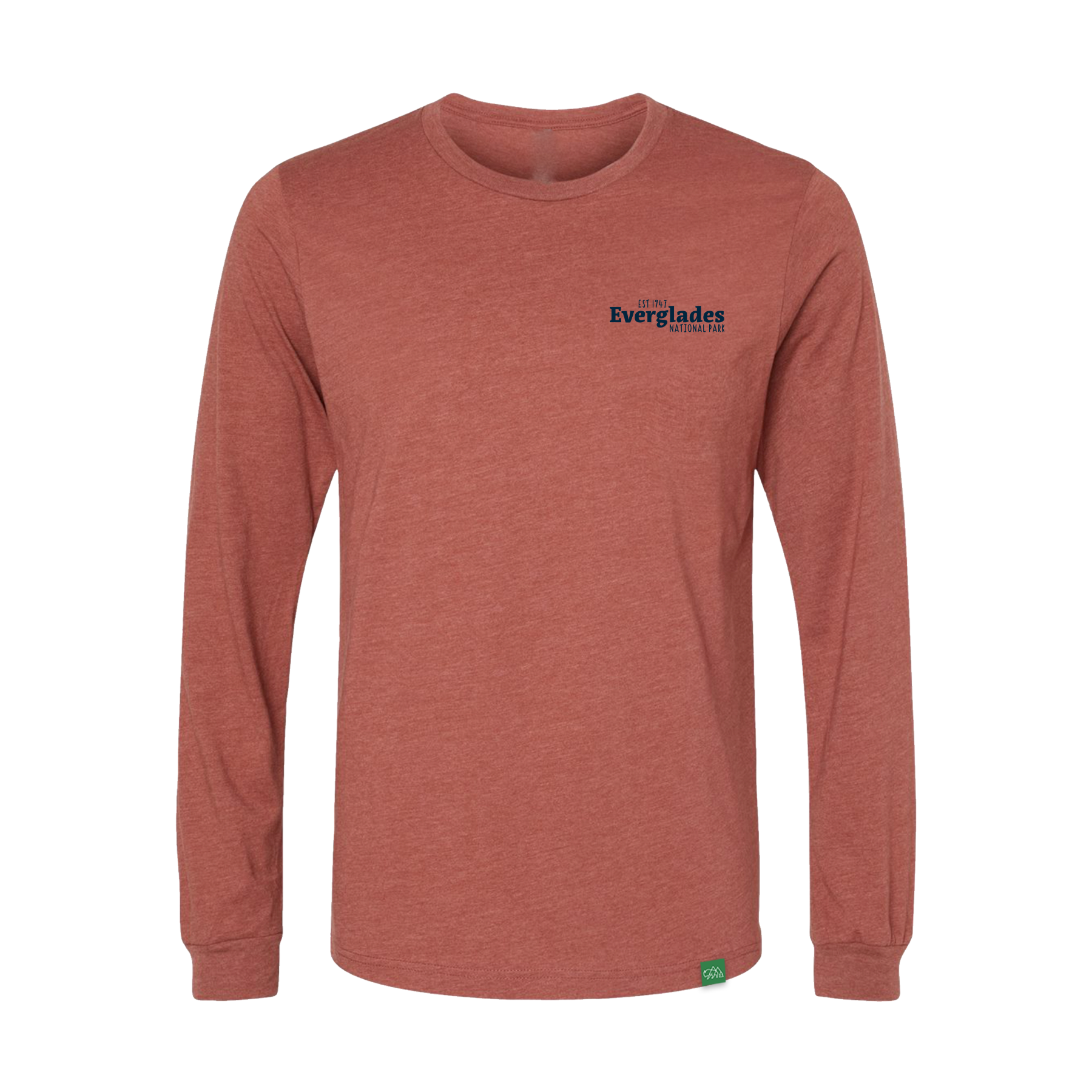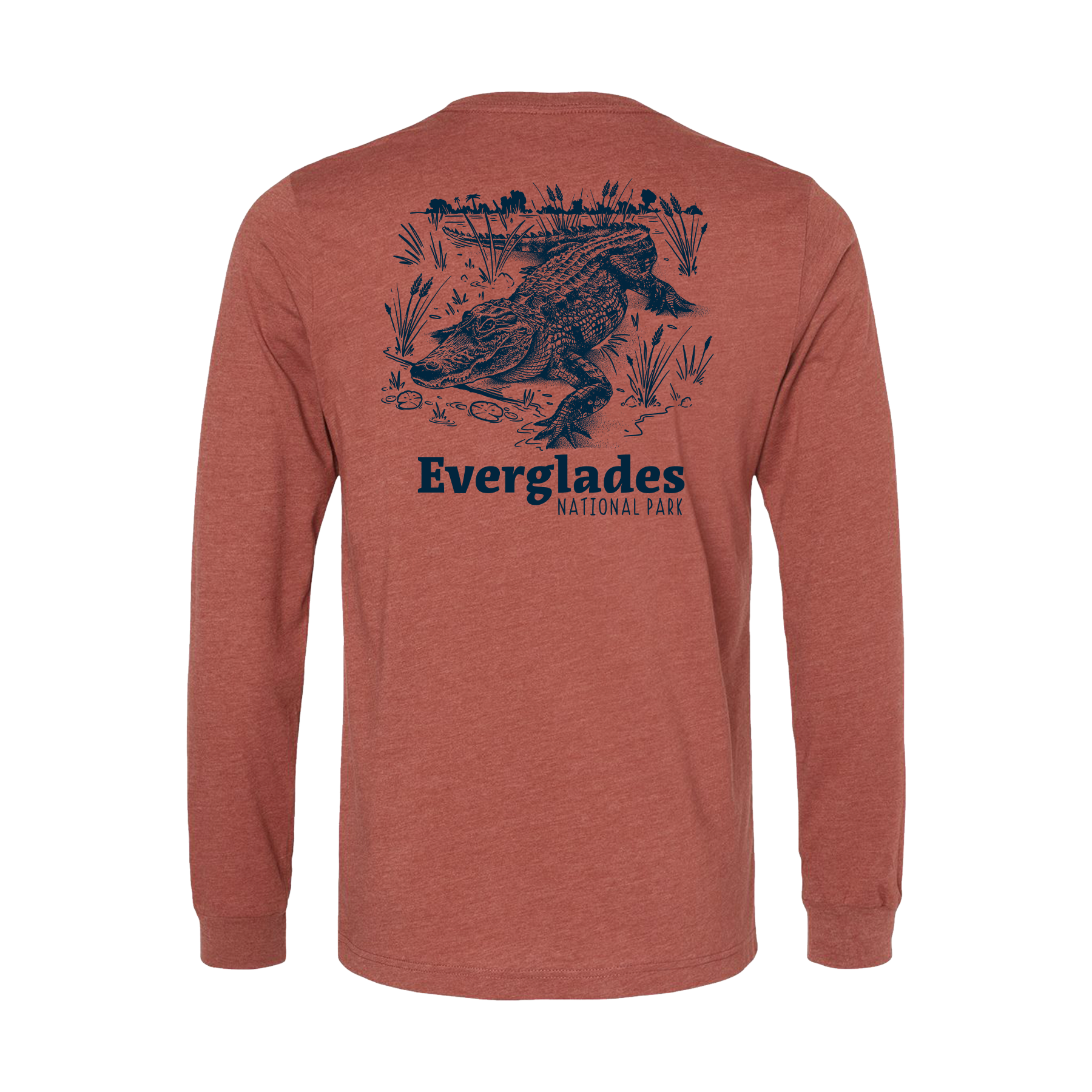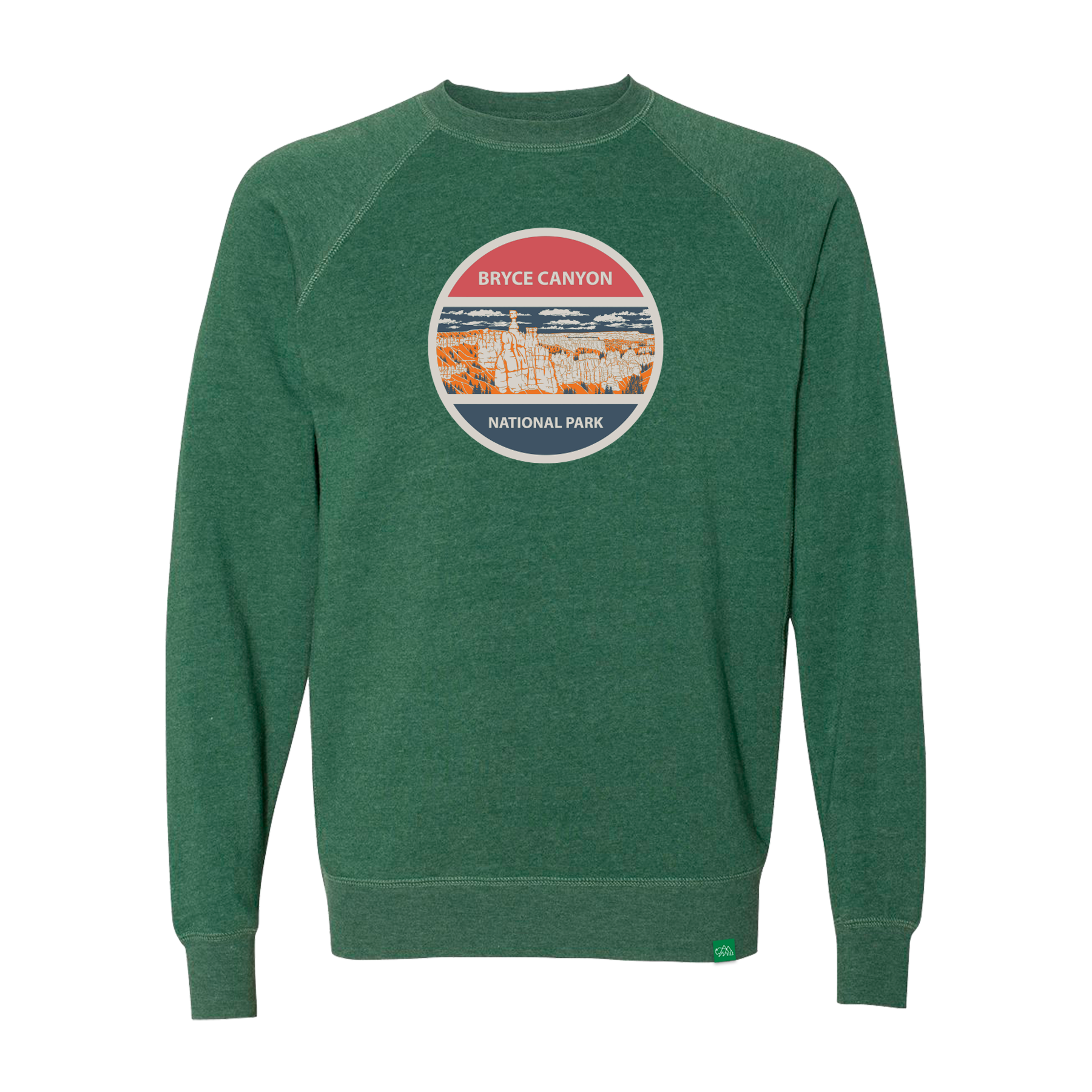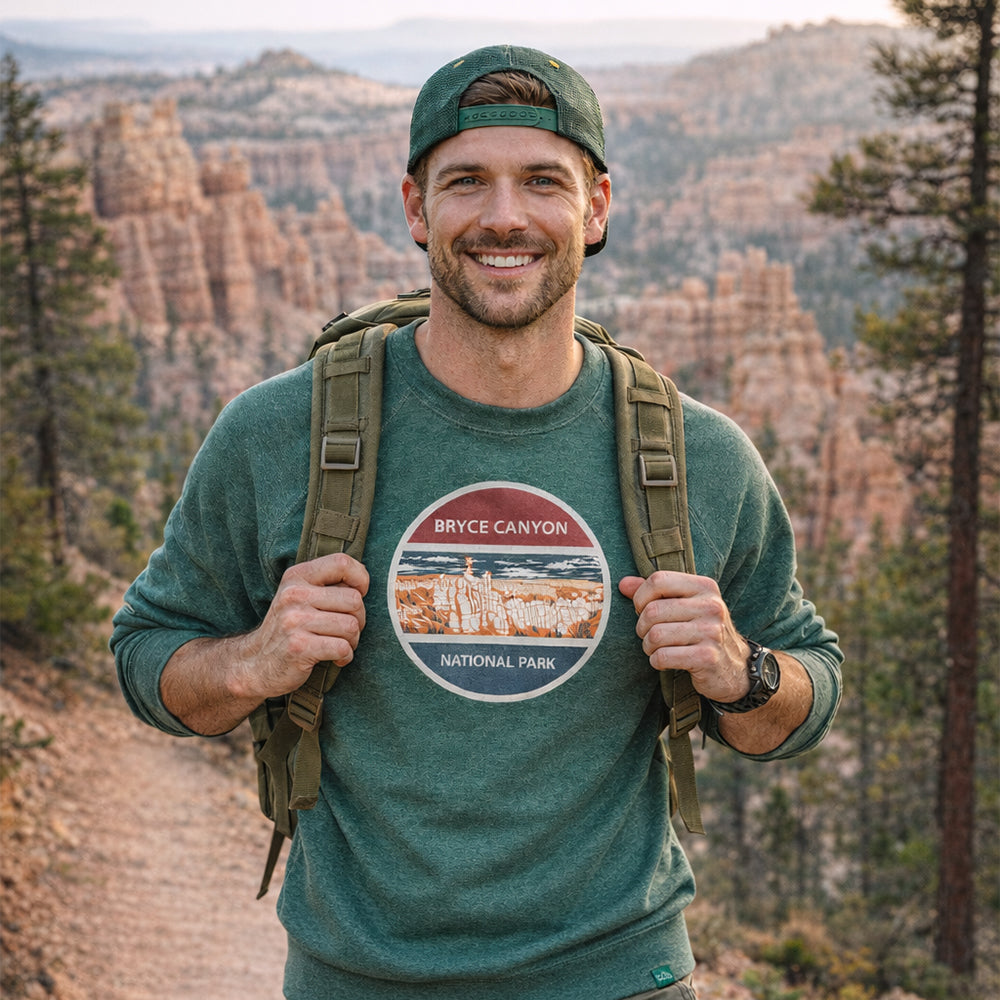Words by Ian Ramsey
I’m careening down the face of a crashing wave, my seventeen-foot sea kayak pitching and sliding like a missile. My ears are filled with the washing roar of the surf, my senses sharp as a katana blade as I use my paddle and hips to rudder and edge the boat down the unfurling ripcurl.
And then, suddenly, the wave rolls away and I’m left in the utter quiet of the silver, liquid sea. My mind is empty, free to take in the jeweled surface of the water, the seagulls circling distant rocks, the breeze on my left cheek. I’m part of the ocean, an apprentice to its moods, a child of its stormy power, and monk basking in its peacefulness.

Ian Ramsey in his sea kayak
As a sea kayaker, I’ve had the chance to paddle and explore oceans all over the world, from Russian islands in the Sea of Okhotsk to old Druid outposts on the coast of Wales. I’ve paddled beside sharks and Manta Rays in the Caribbean and beneath monkeys in Vietnamese sea caves. Each year, I take students to Alaska’s Glacier Bay, where we paddle side by side with orca, porpoises, sea lions and sea otters. I’ve been buzzed by Bald Eagles, startled by sea lions, and been close enough to a humpback to pet it.
But, for all of those exotic experiences, there’s no feeling like my home waters on the coast of Maine. Steel-gray fog. Islands of ragged spruce. Lobster buoys in a range of colors and patterns. Old funky houses on precipitous rocky cliffs. And my favorite place on the Maine coast is here at Popham Beach, a constantly shifting dunescape of sandbars and waves where the Kennebec River empties into the ocean. A gem of a state park on a coastline with little public land. A marvel of tide races and clapotis, barrel waves and sleek flat sea. In the far distance, a lighthouse blinks on Sequin Island and a lobsterboat putters towards its traps. Onshore, a few people are riding horses on the beach. Down the beach, board surfers and SUP’ers and harbor seals are navigating the waves as well. We are all ocean.
We are all ocean. As humans, our bodies are 70% salt water. Our eyes see through a lens of saline, and when we cry, we cry salty tears like the ocean. In our mother’s wombs, we swim, and our very earliest ancestors came from the sea. And the ocean swims through us, in our seafood, in the stories we tell of our ancestors crossing oceans, in the clouds that gather up ocean moisture and then drop it on our heads during rainstorms. The same plastics and toxins that are gathering in the ocean are gathering in us. As a cancer survivor, I know that fact all too well. As the climate changes, our lives are changed by more intense storms, less predictable weather, landscapes and watersheds that are less biologically abundant. There is no separating ourselves from the sea.

Plastic on the Beach @Wanda Lucien
So maybe instead of caring about the ocean as some remote, foreign entity, we should care about the ocean as part of ourselves. We should care about the schools of fish that might feed us and build nutrients in the water. We should support the sustainable aquaculture enterprises like the oyster farms that are popping up along this coastline, and we should not support the unsustainable aquaculture operations that grow Atlantic Salmon in the Pacific, endangering the ecosystem. Maybe we should think about where the endless plastics in our lives end up. Maybe we should think about how the feedback loops of climate affect ocean currents, and thus, affect us. Which is to say that our actions affect the ocean.

Ian Ramsey in Glacier Bay, Alaska
Every paddle-stroke I make displaces some amount of water, seemingly insignificant. But who is to say what a lifetime of seemingly insignificant actions can add up to? I’ve watched these endless, persistent waves move rocks, move beaches, and literally shift the earth. As I see the next set of waves starting to build behind me, I begin to paddle, a series of small strokes that will hopefully put me into the right position to ride the next wave. A lifetime of thoughtful actions can change the world, change the ocean, change ourselves.
 |
Ian Ramsey is a writer, educator, wilderness traveler, and musician. For twenty years he has been on the faculty of North Yarmouth Academy, where he teaches environmental writing. brain science, physiology, music, mindfulness, and leads student trips. Ian holds an MFA in creative writing from the Rainier Writing Workshop and has published poems and essays in a variety of national publications. A licensed Maine Guide and aspirant BCU Five Star Sea Kayak Leader, he has coached at the Midcoast Sea Kayak Rendezvous, and has paddled throughout North America, the Bahamas, Wales, the Sea of Okhotsk, Vietnam, and Central America. |


